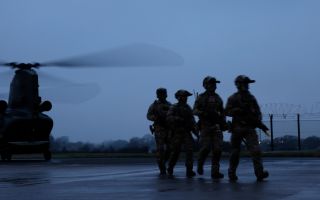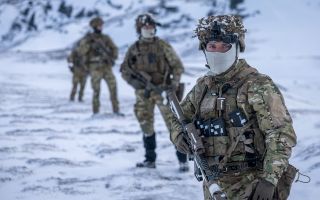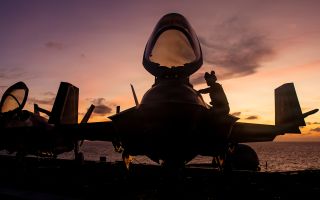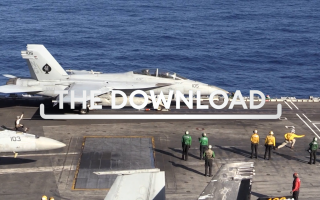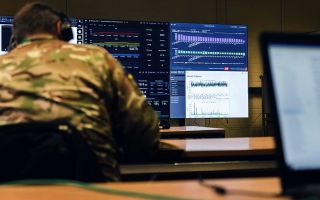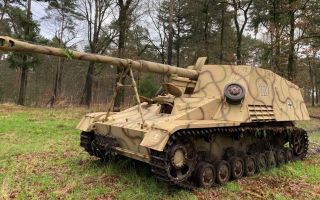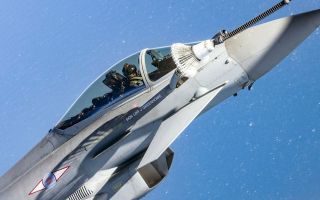Futuristic US Marine Corps combat drone completes second test flight under Project Eagle
A highly advanced autonomous US Marine Corps unmanned air vehicle (UAV) successfully completed its second test flight under a project that will inform future conflicts for decades.
The XQ-58A Valkyrie, a low-cost tactical UAV, completed its second test flight at Eglin Air Force Base under a research operation known as Project Eagle.
"The future battlespace demands new aviation platforms that embrace the austere environment and bring the fight to the enemy at a place of our choosing," said Lieutenant Colonel Bradley Buick, of the Cunningham Group which is responsible for Project Eagle.
"Working alongside our naval and joint partners is a testament to joint innovation as marine aviation adapts and evolves to the changing character of conflict," said Lieutenant Colonel Gavin Robillard, lead aviation strategy and plans officer for the Cunningham Group.
"Aligning these test flights with Project Eagle informs future support to the Marine Air Ground Task Force, which guides the foundation for the next Marine Aviation Plan."
The XQ-58A UAV aircraft is the first example of a new class of high-performance unmanned aircraft that can be rapidly built and used in large numbers.
The 6,000lb UAV can travel at 652mph, has a range of 3,500 miles and is capable of reaching an altitude of 45,000ft.
The test flight was supported by the Marine Corps Warfighting Lab and the Deputy Commandant for Aviation's Cunningham Group.
The XQ-58A test flight and other research related to Project Eagle will provide data for future conflicts out to 2040.
Future test flights of the Marine Corps XQ-58A Valkyrie will play an integral role in the Marine Corps' efforts to modernise and enhance capabilities.
Six further tests are planned for the aircraft which will evaluate the effectiveness of autonomous electronic support to crewed platforms like the US Marine Corps' F-35B Lightning II and the potential for AI-enabled platforms to augment combat air patrols.
The XQ-58A is expected to provide capability to the Marine Air Ground Task Force that ranges from electronic warfare support to delivering or supporting lethal fires.

